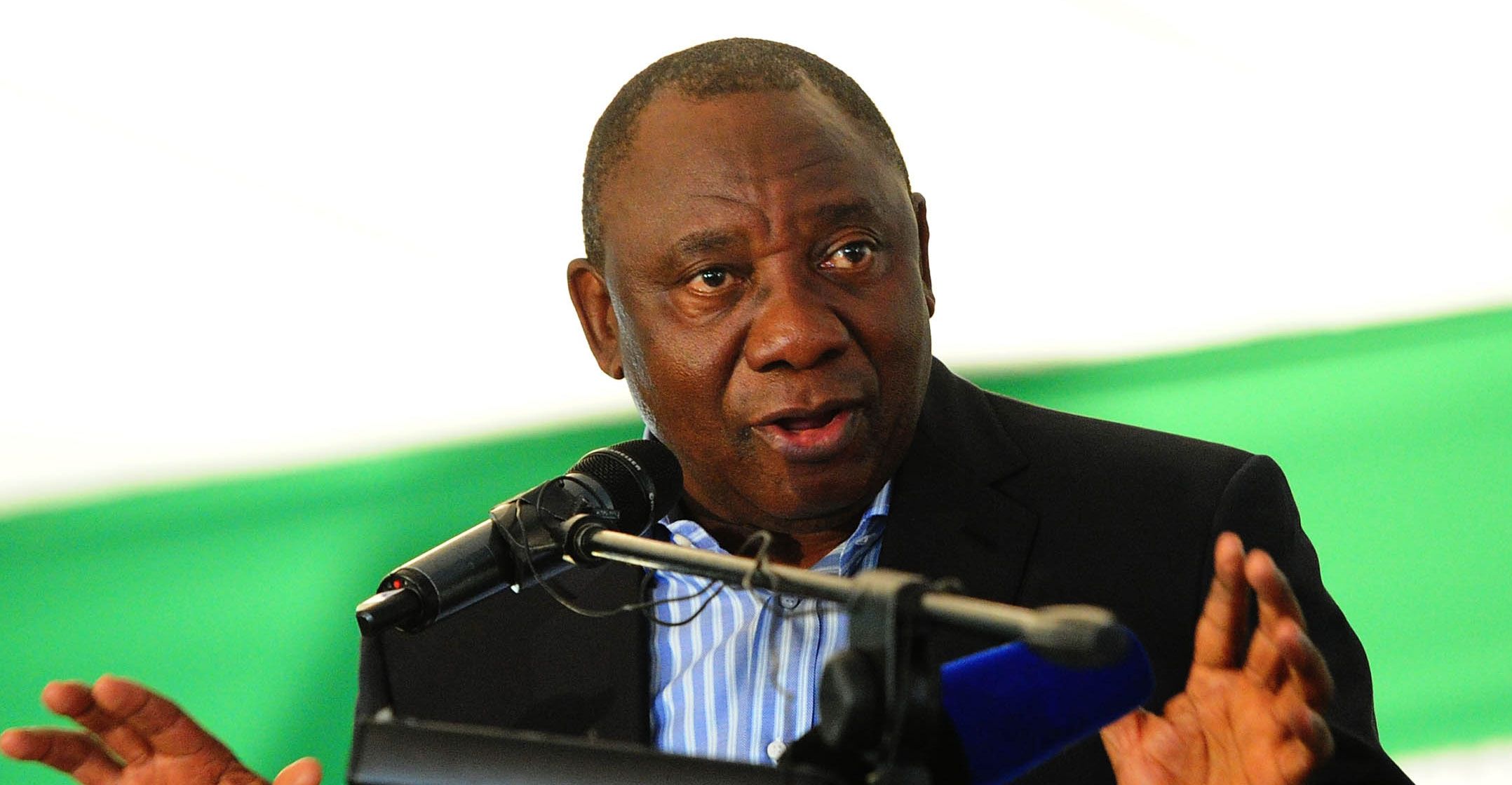
As part of a broad stimulus plan for the economy announced on Friday, South Africa will release “high-demand” spectrum to telecommunications operators urgently, President Cyril Ramaphosa said.
TechCentral has established the licensing of spectrum will happen before a legislative process to amend the Electronic Communications Act is completed. The news will likely be welcomed by South Africa’s telecoms sector, especially Vodacom and MTN, which have warned that they are running out of frequencies to deliver mobile broadband.
“In the next few weeks, government will begin the process of allocating high-demand radio spectrum,” Ramaphosa said at a press conference at the Union Buildings. “This will unlock significant value in the telecoms sector (and) will increase competition, promote investment and reduce data costs.”
Ramaphosa did not provide details about the mechanics of the release of the spectrum, which operators have been clamouring for, for years. The department of telecoms & postal services has been crafting new legislation for the ICT sector, though amended legislation is not expected before 2019 at the earliest.
However, Siya Qoza, spokesman for telecoms & postal services minister Siyabonga Cwele, told TechCentral that the minister will issue a policy direction to Icasa soon.
“The licensing will be done by Icasa. We are engaging Icasa on a policy direction, which will initiate the process”.
Qoza said the licensing will be done in parallel with the legislative amendments. “The key goal is to create certainty and enable operators to start planning their networks.”
It’s not immediately clear if the developments mean Cwele will now withdraw a court challenge against Icasa, in which he is seeking to stop the regulator from proceeding with a spectrum auction. Cwele has said previously he would prefer an out-of-court settlement.
Digital migration
In July 2016, Icasa invited operators to apply for spectrum licences in the 700MHz, 800MHz and 2.6GHz bands. All these bands are well-suited for deploying broadband infrastructure using 4G/LTE technology. But the minister challenged the move on the basis that government had to finalise its policy around spectrum before Icasa could go ahead.
If Icasa does allocate spectrum in the 700MHz and 800MHz bands to telecoms companies, the operators may still have to wait some time for government to complete its broadcasting digital migration programme. Analogue broadcasters are still using the two bands — known as the digital dividend bands — because of extended delays in digital migration. South Africa missed a deadline, agreed to with the International Telecommunication Union, to complete the project by mid-2015. — © 2018 NewsCentral Media

